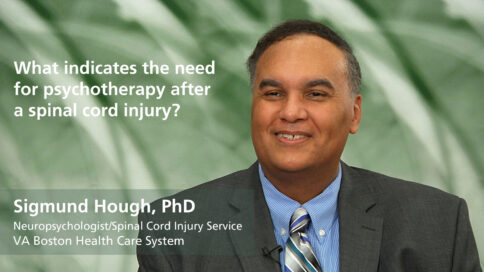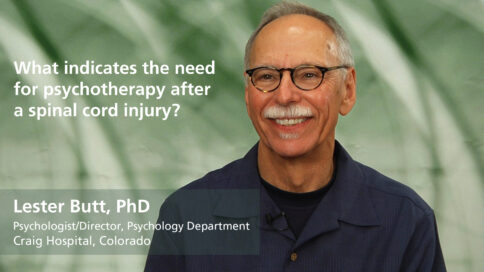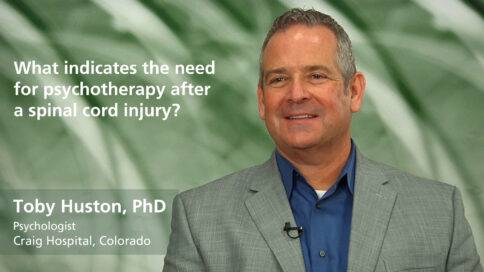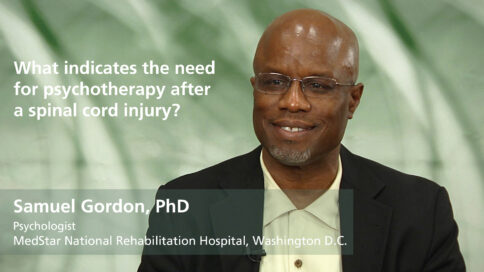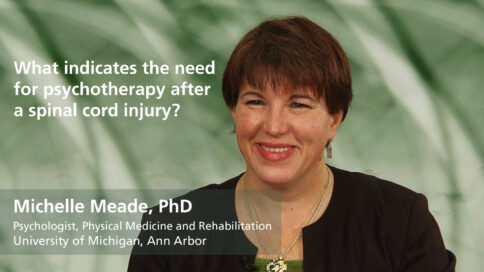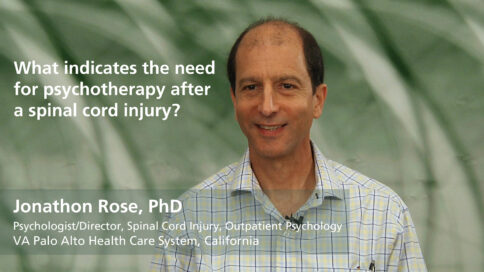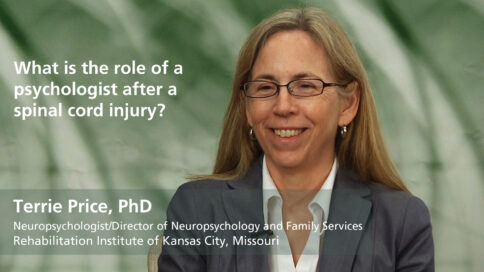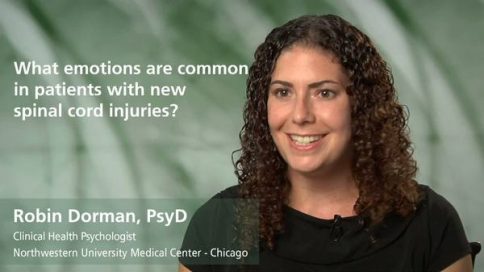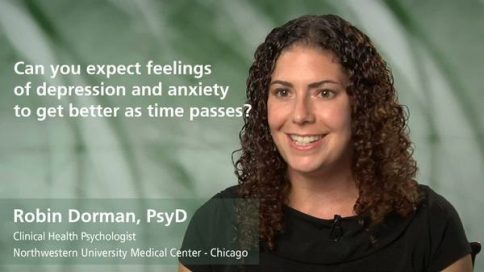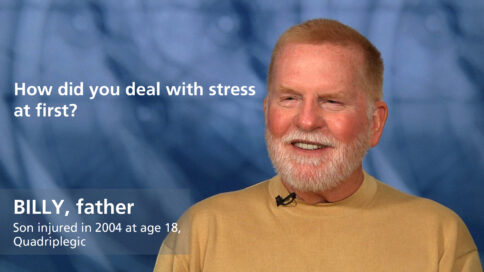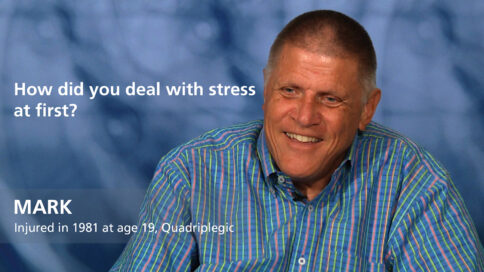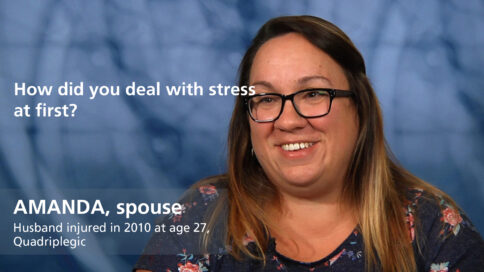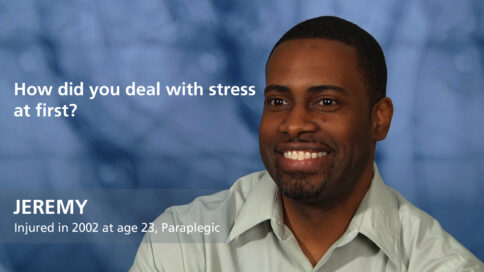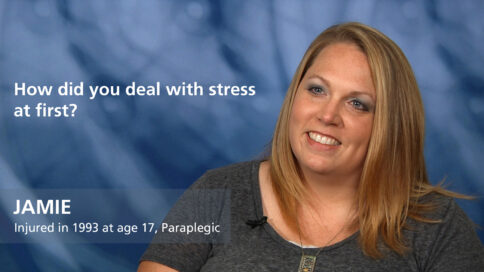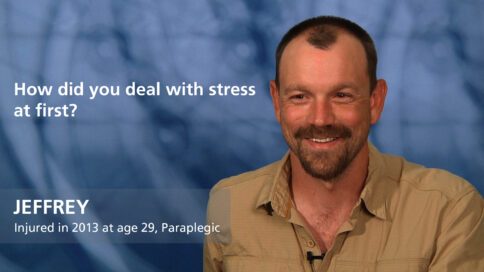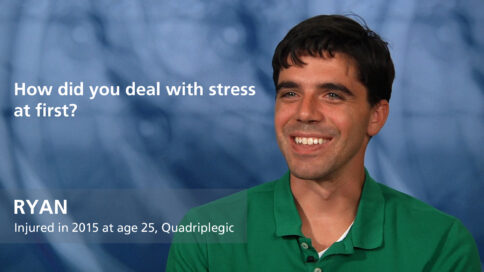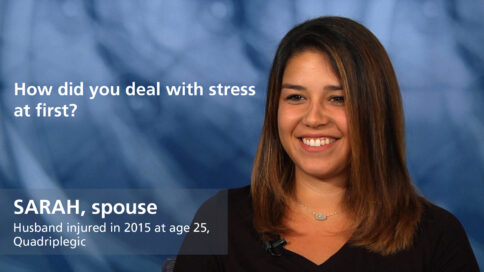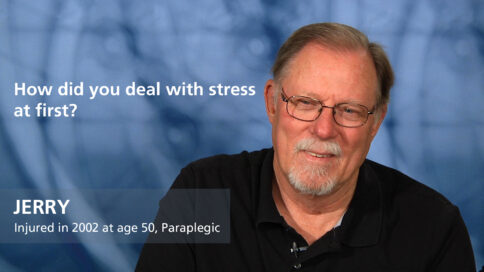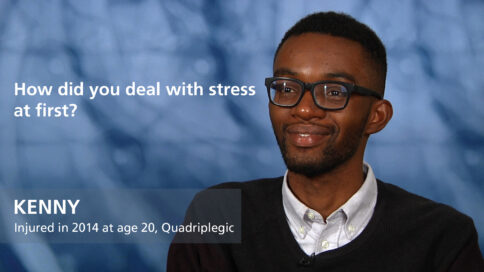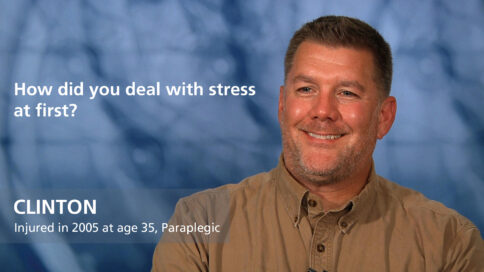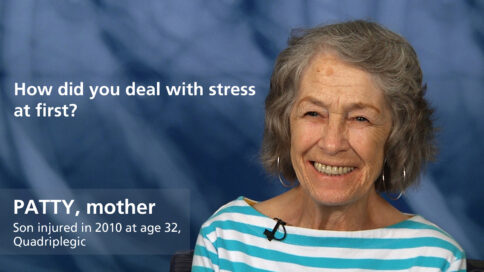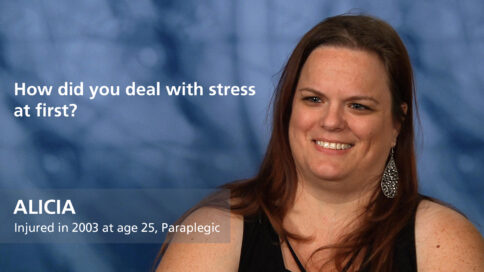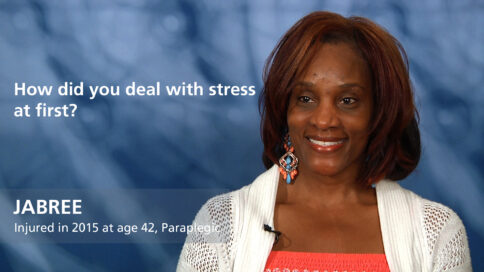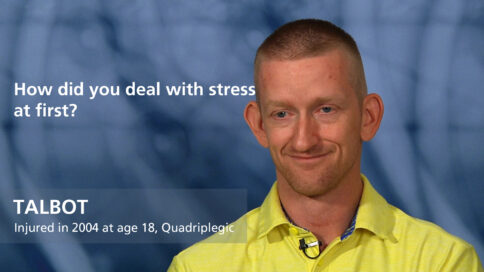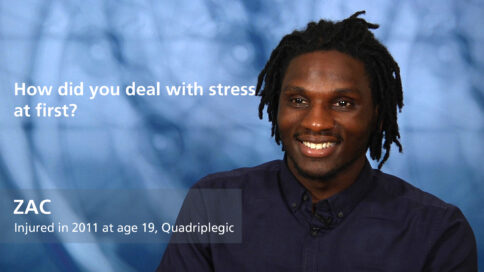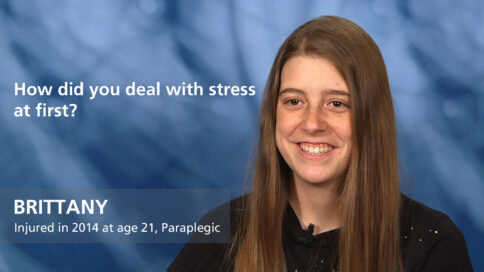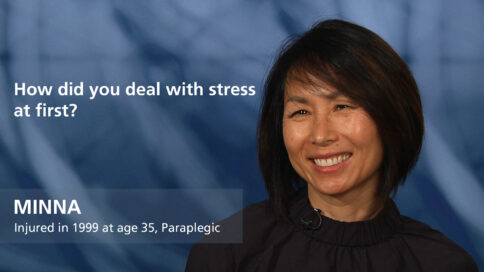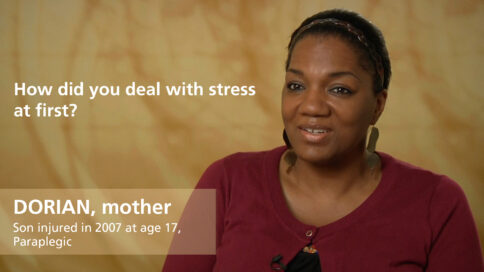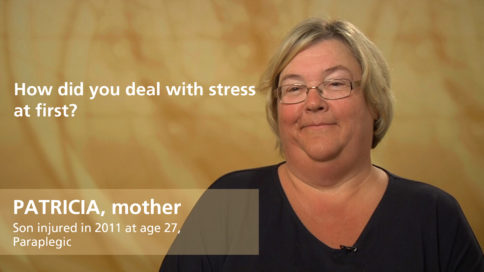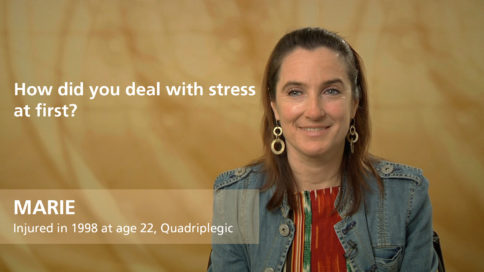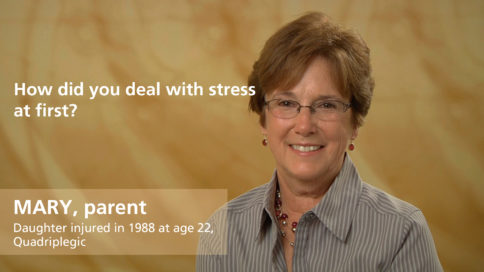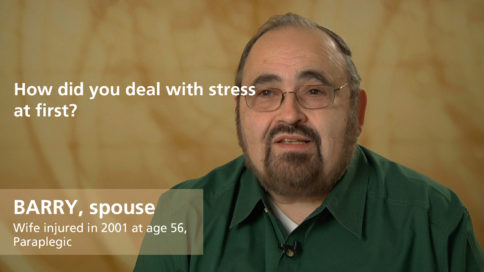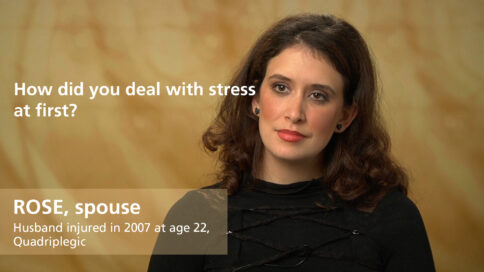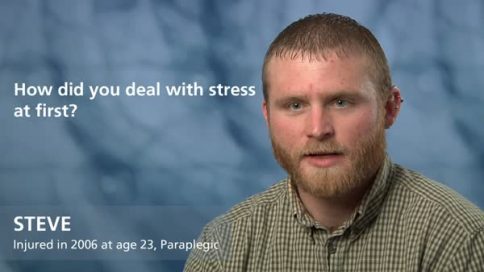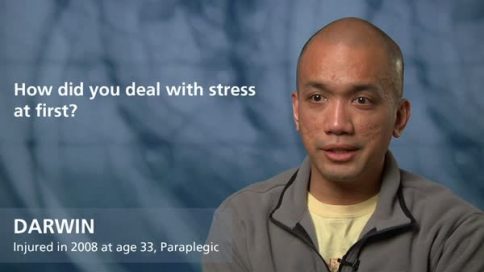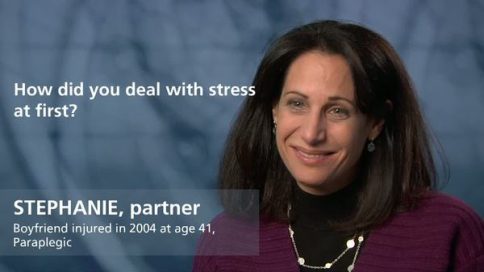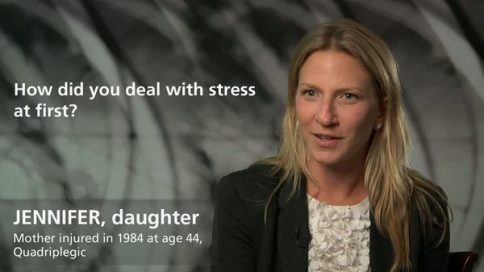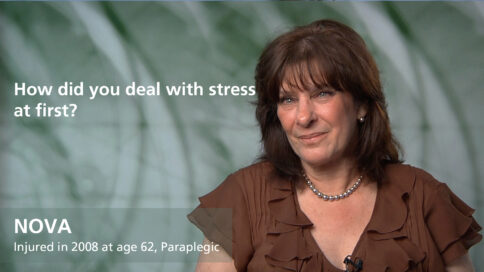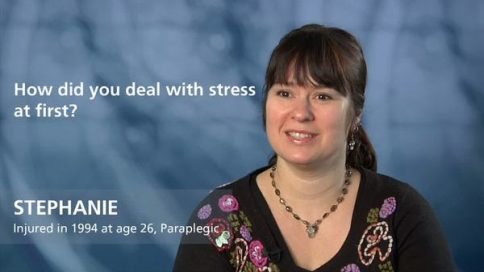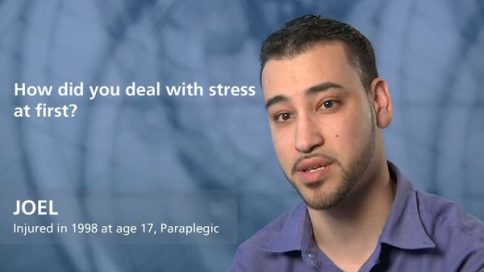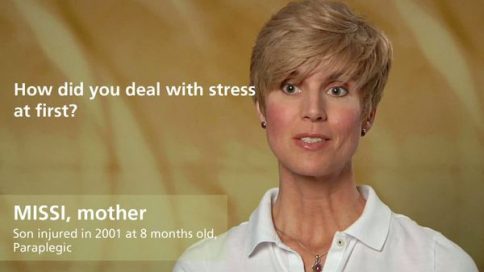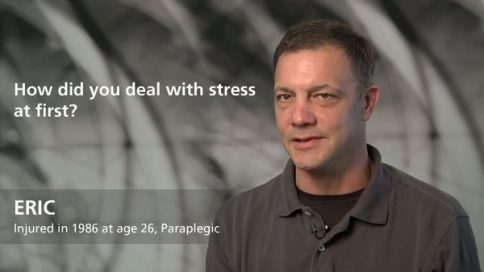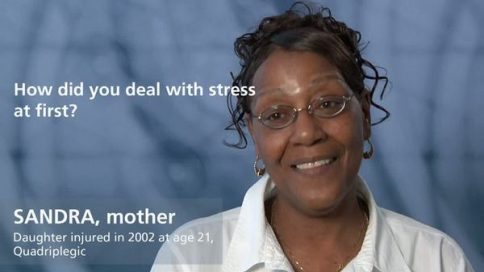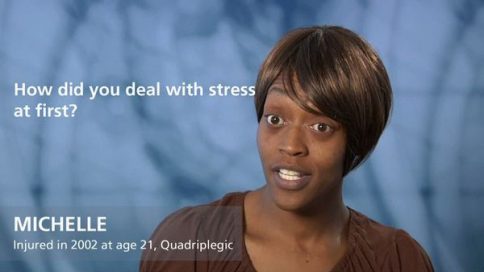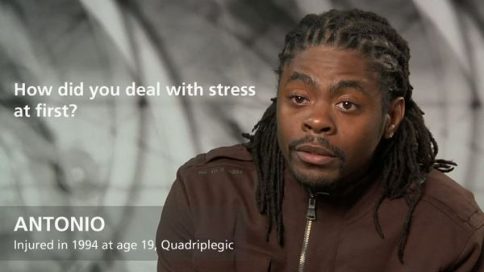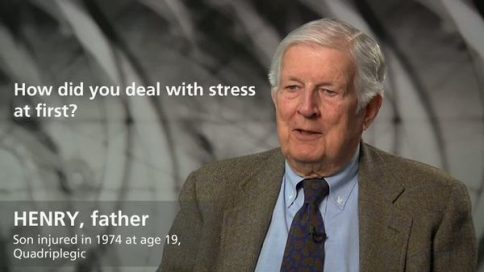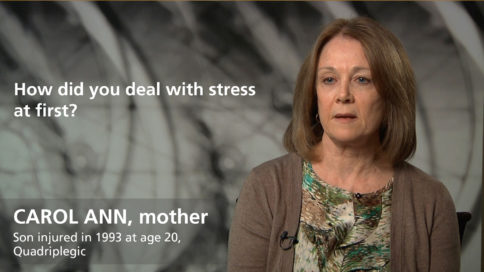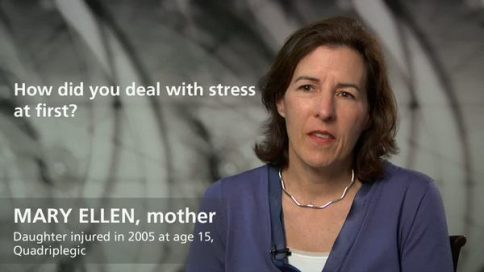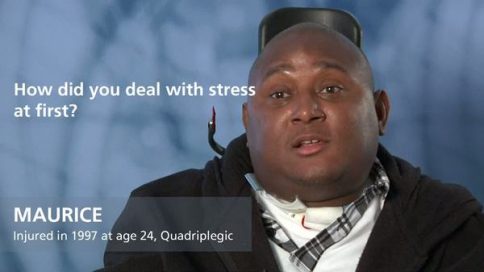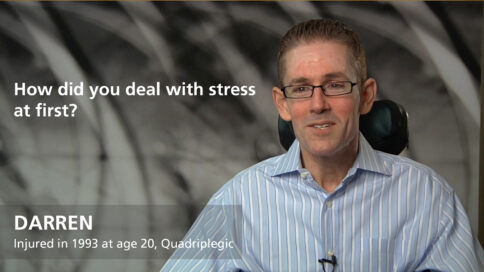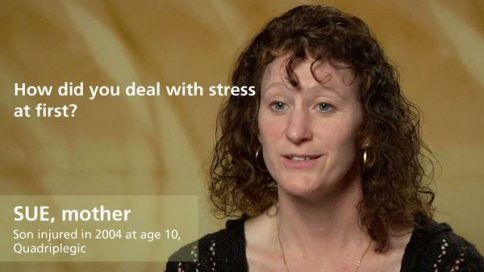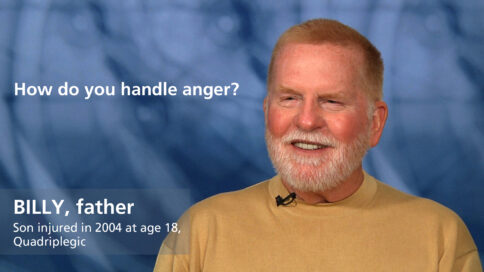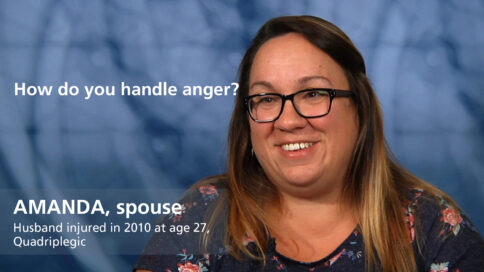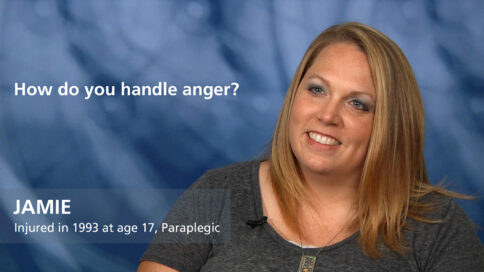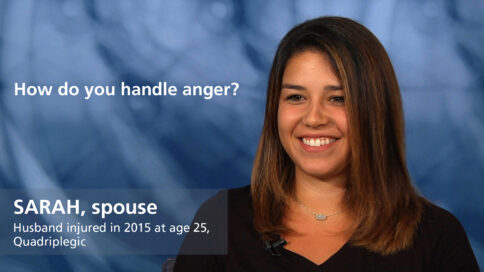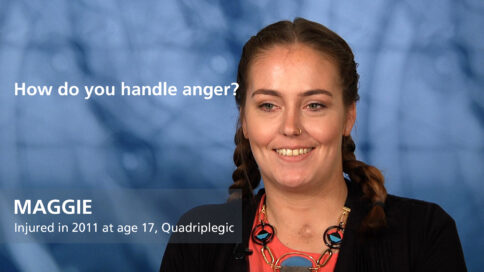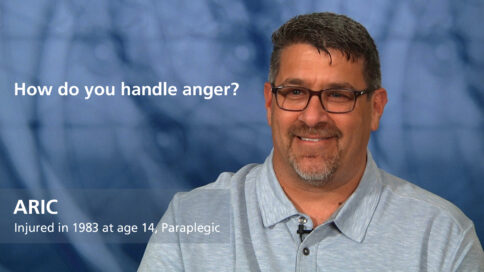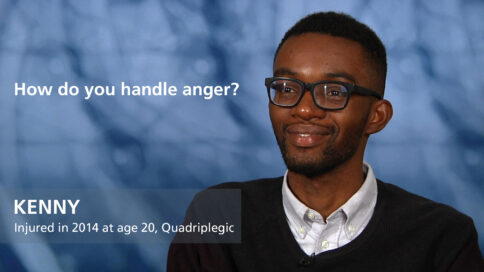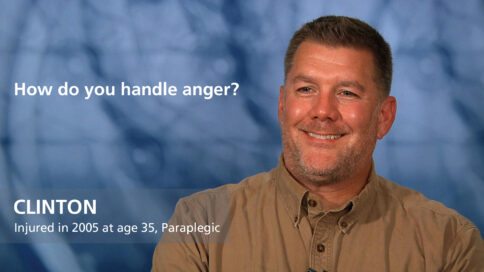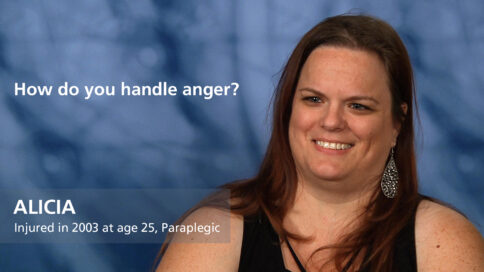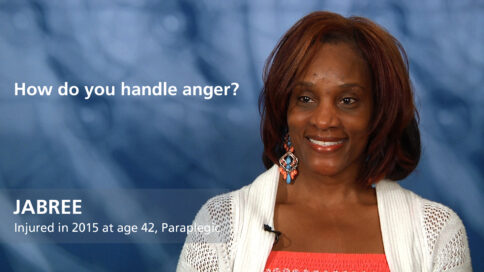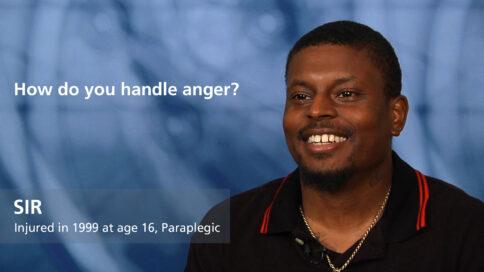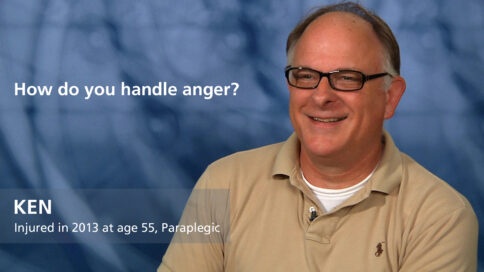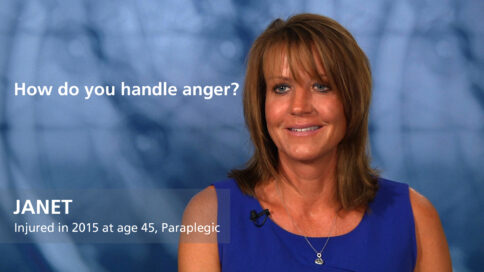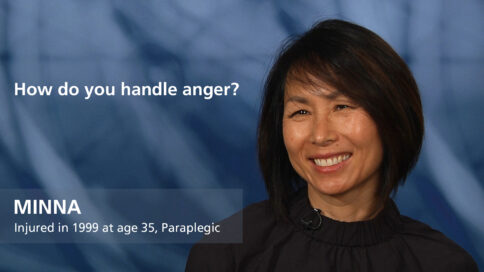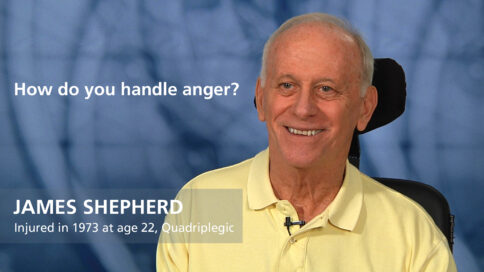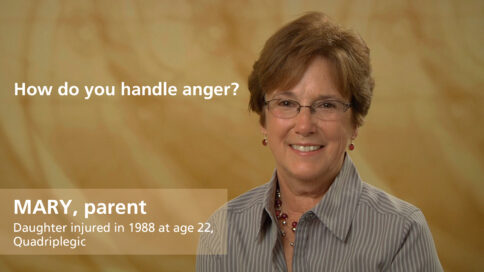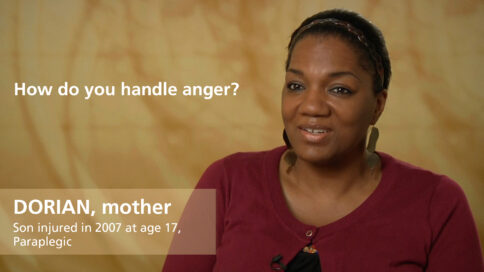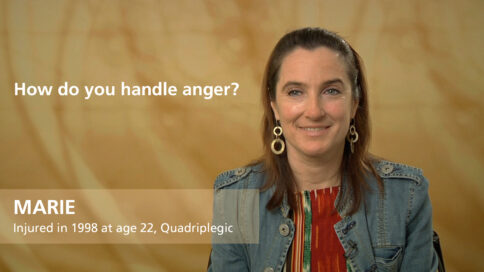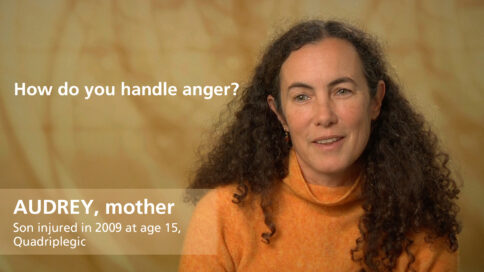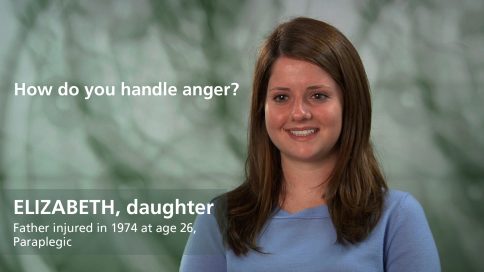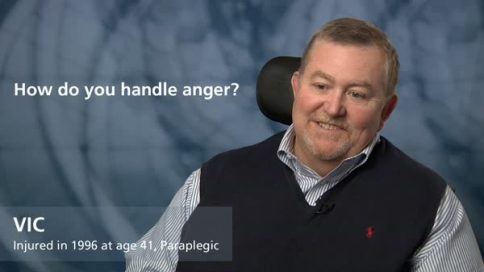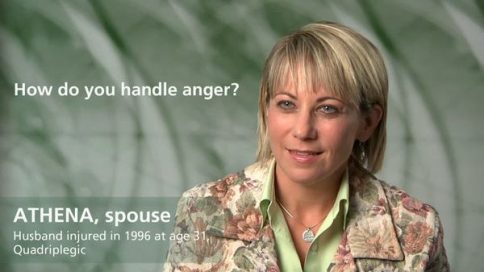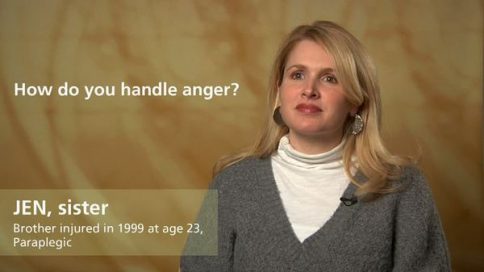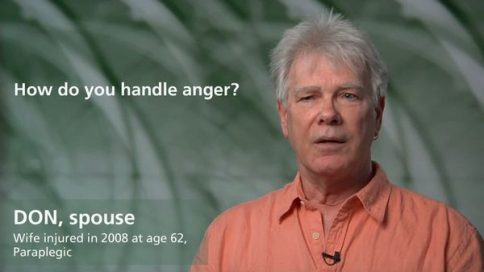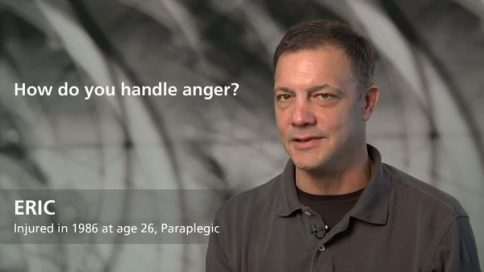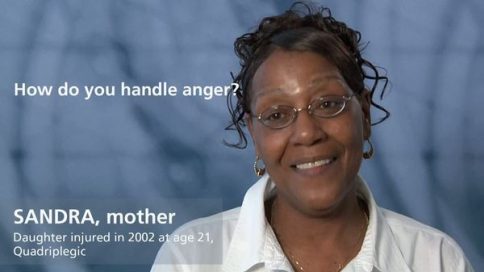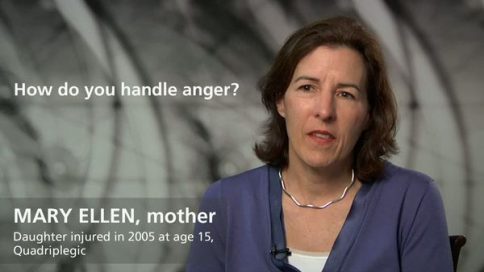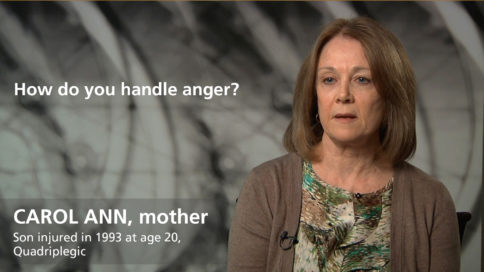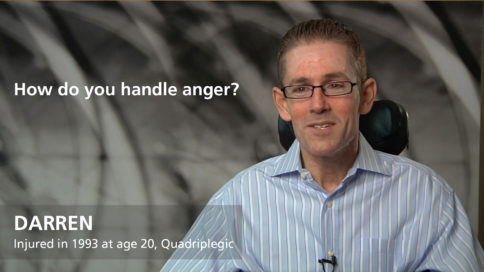What indicates the need for psychotherapy after a spinal cord injury? - Terrie Price, PhD
|
|
What indicates the need for psychotherapy after a spinal cord injury? |
|
Terrie Price, PhDNeuropsychologist/Director of Neuropsychology and Family Services, Rehabilitation Institute of Kansas City, Missouri |
||
| Read Bio | More Videos by Terrie Price | |
|
Share |
||
Transcript
Certainly if we are finding factors related to depression or high anxiety. Those factors are interfering with the individual’s ability to go forward whether it’s to participate in rehab or to participate in life. If the individual is more isolated, not involved in life activities, not getting out and doing things, then we may want to talk about that. It’s best to do it sooner, a person shouldn’t have to be desperate before they get some help. It’s okay to ask for it any time if nothing else to confirm or affirm what they’re thinking of. So I would certainly want them to reach out and have it if they just have some questions or want some affirmation, but also if they’re finding whatever they’re struggling with is interfering with their ability to participate in life activities. A lot of folks haven’t had a lot of contact with a psychologist and they’re a little anxious about what that means. So getting past that barrier and understanding what it may offer to the individual, and realizing that it’s a relationship, a place where you can talk about a lot of things, can be very helpful.
Show Less|
|
||
add
What indicates the need for psychotherapy after a spinal cord injury? |
||
Terrie Price, PhDNeuropsychologist/Director of Neuropsychology and Family Services, Rehabilitation Institute of Kansas City, Missouri |
More Videos by Terrie Price | |
| Transcriptadd | share | |
Certainly if we are finding factors related to depression or high anxiety. Those factors are interfering with the individual’s ability to go forward whether it’s to participate in rehab or to participate in life. If the individual is more isolated, not involved in life activities, not getting out and doing things, then we may want to talk about that. It’s best to do it sooner, a person shouldn’t have to be desperate before they get some help. It’s okay to ask for it any time if nothing else to confirm or affirm what they’re thinking of. So I would certainly want them to reach out and have it if they just have some questions or want some affirmation, but also if they’re finding whatever they’re struggling with is interfering with their ability to participate in life activities. A lot of folks haven’t had a lot of contact with a psychologist and they’re a little anxious about what that means. So getting past that barrier and understanding what it may offer to the individual, and realizing that it’s a relationship, a place where you can talk about a lot of things, can be very helpful.
